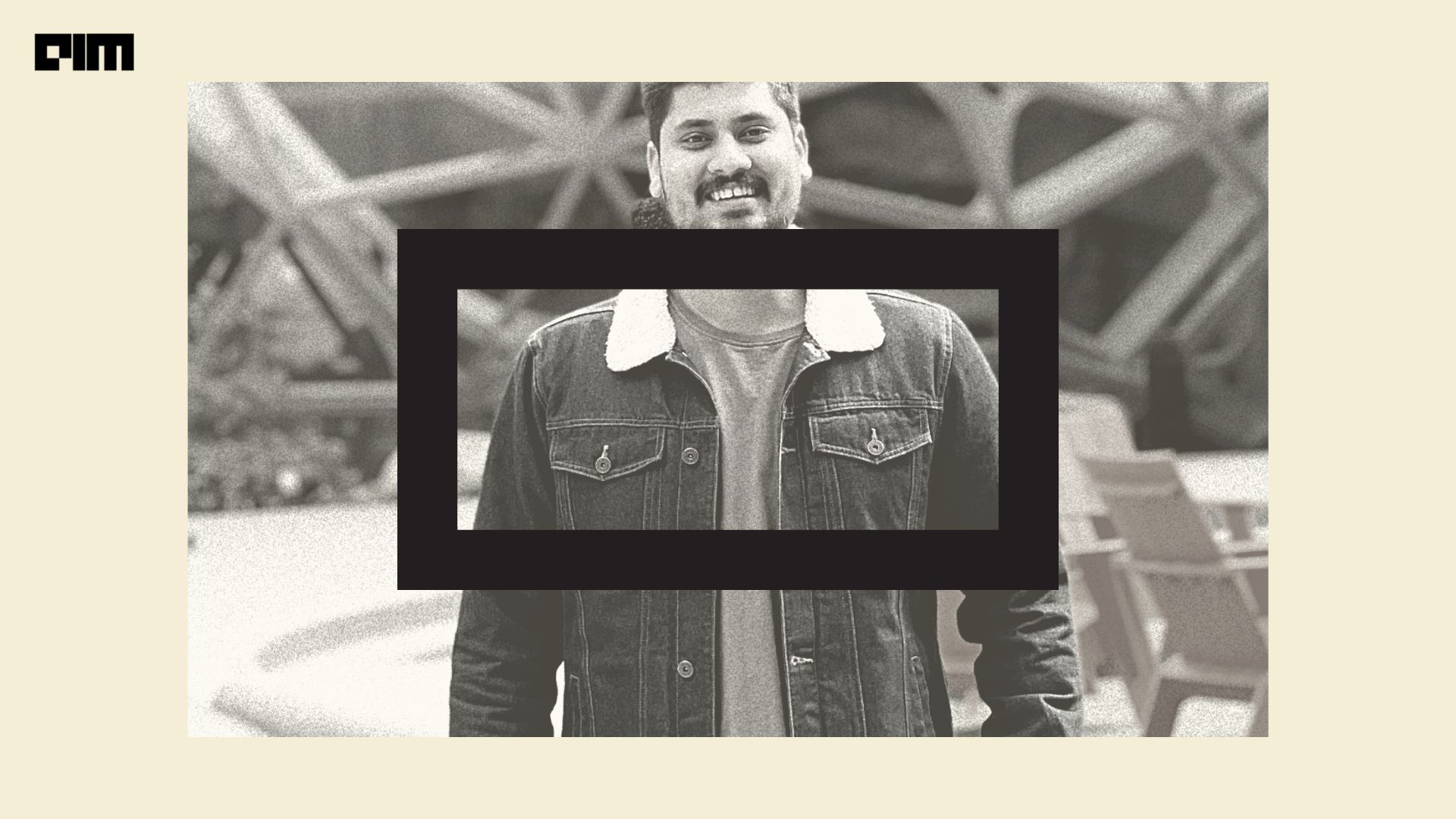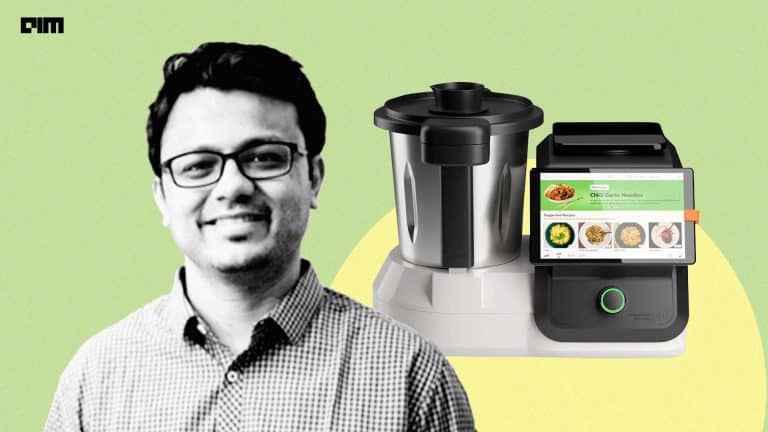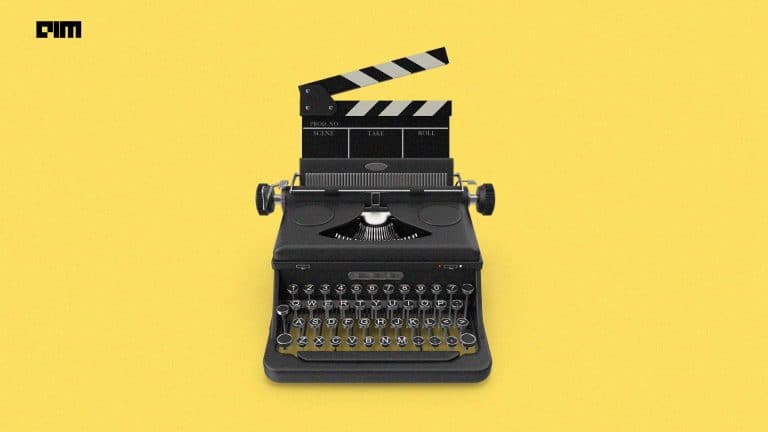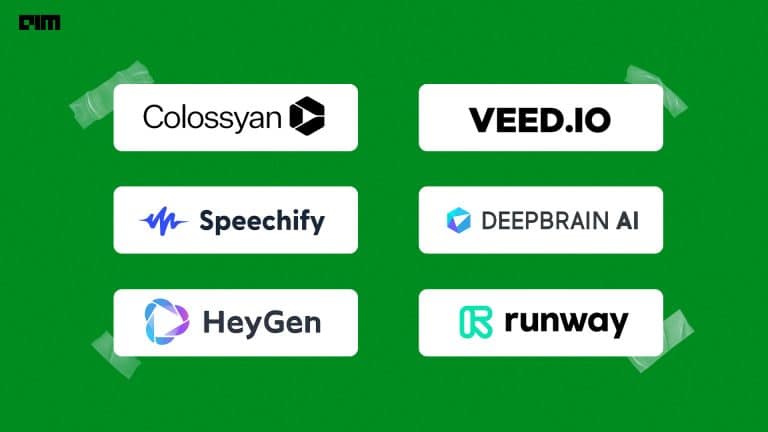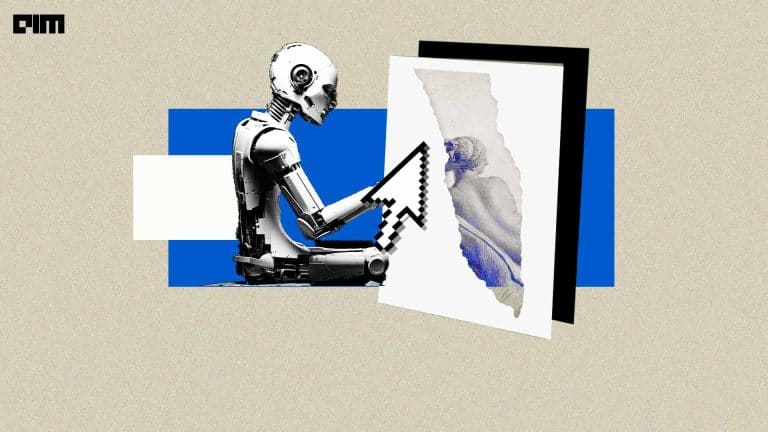|
Listen to this story
|
Abhinav Mishra’s resume betrays a life of ease. He was part of IIT Kanpur’s accelerator programme, studied MS in operations research at Columbia University and landed a job at Amazon as a senior product manager. In a chat with Analytics India Magazine, Mishra speaks about what it takes to crack a FAANG interview, the pragmatism behind tech and the art of ‘failing up’.
AIM: What does your role at Amazon entail?
Abhinav: I work as a senior product manager at the L6 level in Amazon’s Seattle office which is the company base, which means I own a considerable portion of the products and lead a critical role. I work on productivity tools for the vendors, which uses data to recommend how they could improve their offering. Essentially, my current product helps find the proverbial needle in the haystack and tell the vendor how they can fix it and what the impact might be money-wise. In my role, I work as both a technical product manager and a business manager in consultation with engineers and vendors on a daily basis.
AIM: What pushed you to pursue data science as a career?
Abhinav: When I was at IIT Kanpur for a year, at the age of 22, I started building a supply chain management SaaS tool. I started working on projects and doing pilots for startups and also companies like Titan. I went to Columbia in the middle of the pandemic and enrolled in a combination of courses from both the engineering and the business school, like data visualisation, design thinking and product management.
I was very active as an undergrad student. You wouldn’t find me partying on a Saturday night. I was attending events and writing research papers, three of which were published in the IEEE. But the IIM accelerator was my first brush with the real world. That’s when I realised that I needed to know about both tech and business to make it. One person there said something witty that has still stayed with me. They asked me how I reached college? I said, “in an auto”, to which they replied, “exactly, you didn’t come here on a combustion engine. Stop talking about tech, AI/ML only and focus on the problem and the solution instead”.
AIM: There’s so much hype about being able to crack a FAANG. Can you share any tips from your Amazon interview?
Abhinav: The common perception is that Columbia is what led me here, but the reality is very different. In the US, you are on your own. Someone graduating from Columbia has to put in the same effort as anyone else. If people think I was offered the job on a platter because of the ‘pedigree’, that is not the case. It was a crushing feeling, having to reach out to 20-25 people every day. I remember sitting for around 60 interviews, of which, only ten reached the final round. I appeared for Microsoft first, and then eventually sat for the Amazon interview which I got through.
There are many fancy tips available outside which don’t really work. Candidates need to work hard on their resumes and focus only on what is relevant. I run a Facebook group with around 15k students where I help them out and give them career advice. I am often asked to review resumes where I see a bunch of unrelated stuff. Secondly, talk to people who work in these FAANG companies because they can tell you best about the work culture there.
I didn’t focus on Columbia or Amazon specifically but rather worked on building my resume. So, I would advise people to start working on things that are relevant to the job they are applying for. Look for projects online that are suitable to you, like I worked on open-source projects. So, these three are the main factors for me – resume, people and razor-sharp focus on your skills.
AIM: How was the difficulty level in the technical test?
Abhinav: Technical questions were aplenty in the interview for the role of a product manager. I didn’t get any questions on coding. For my Microsoft interview, there were definitely more technical questions. For a product manager, you should at least know the data part of coding which is SQL. This is the main requisite for anybody who wants to break into product management. I appeared for TikTok, which isn’t FAANG but pretty close, where they asked me to code. They might even ask you to explain a code. There are not many direct technical questions but more practical questions about how I would behave in a certain situation or solve a specific problem in a real business scenario. A lot of the times there were questions around things you have worked on in the past.
For those who are appearing for the technical product management interview, there will be coding questions and it is more likely they will ask you to code. Besides, there is a book called ‘Cracking the PM Interview’ by Gayle Laakmann McDowell which is the holy grail for aspiring product managers. She herself was an engineer with Google, and has written an entire section in the book just for the type of technical questions that may be asked in FAANG interviews. They might ask questions like, “Can you explain the concept of cloud to a kid?”
AIM: What clicked between the Microsoft interview and the Amazon interview? Or do you think it is easier to get into Amazon?
Abhinav: It’s definitely not that Amazon is easier to get into. And my preparation for both was equal. In fact a smaller company that I appeared for had a harder test than my Amazon interview. Between Microsoft and Amazon, Amazon is probably harder to crack because they have a ‘bar raiser’ measure according to which a candidate has to be better than 50% of their employees. You need to have genuine skills over experience to impress them. Infact, to crack a FAANG interview is relatively easier today probably because of the online resources available on the subject. There are courses on Coursera now worth USD 400 that will tell you exactly what to do. The harder part is to get a FAANG interview because the competition is higher and the intake far lower. There are studies which show that it is harder to get into FAANG companies than MIT or Harvard.
AIM: What are the biggest lessons that you’ve learned in the data science industry?
Abhinav: I have had three major takeaways along the way. I think my journey has been about failing to succeed. I have learned things from failing and succeeded better than my failures. I haven’t sat through a placement ever. Once the IIM program ended, I didn’t have my own money and didn’t want to ask my parents. I stayed away from home so that put me in a tight spot. The job didn’t come easy to me, I worked at it for a year.
I took calculated risks and failed a lot until I succeeded.
I also have a motto which is ‘Give to succeed’ which is why I run the Facebook group. I get hundreds of DMs of people asking me to look at their SOP or asking how they can get through XYZ college. I always taught my friends. I volunteer at the University of Washington for a product management course where I mentor students. The third thing is having a habit to understand. Everything has a framework in life — you cannot operate on autopilot. It’s just that we need to understand the framework of solving a problem.


